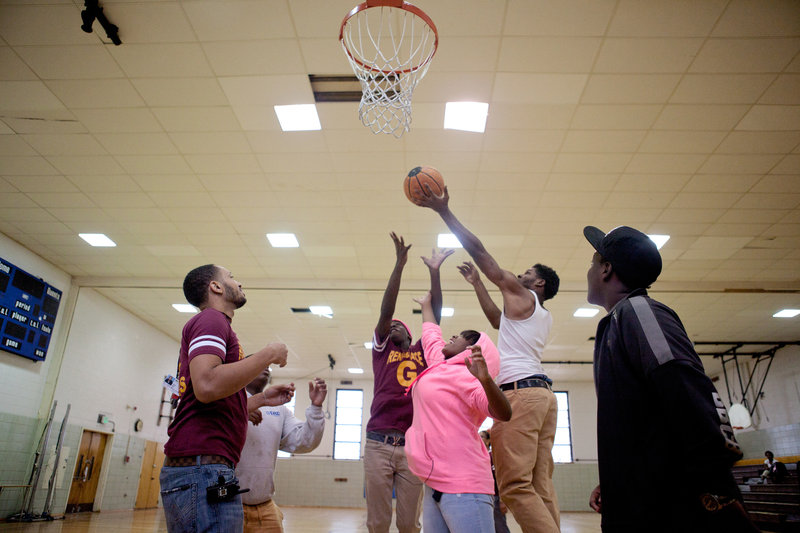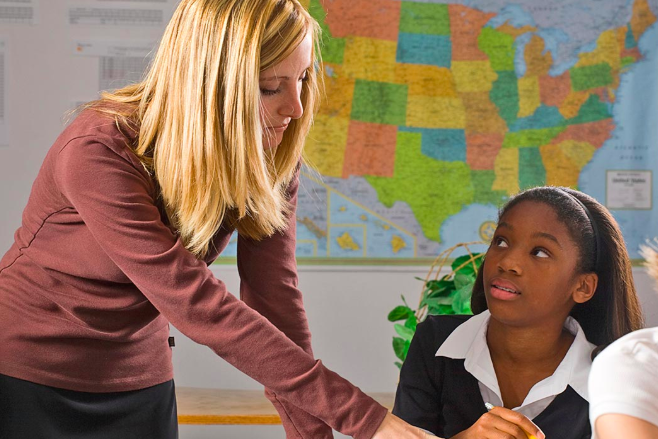Four tips for having healthy conversations with mentees about race
On August 11, events in Charlottesville, Virginia hit their community and the nation sparking a resurgence of issues with race relations in the United States. White nationalists marched on the campus of the University of Virginia in protest of the removal of a Confederate statue of Robert E. Lee (see article from CNN). It seems that every few months there is an incident in one or more communities showing that we have a long way to go as a society before we can overcome racism.
Repeatedly some people state that “racism doesn’t exists anymore” or “All Lives Matter” yet continued evidence is provided to debunk this myth. In a society where we have crossed so many bridges such as segregation and equal rights, there continues to be racism and discrimination in America. For many parents, this brings concerns about the safety of their family and when should you have the conversation about racial differences.
Have you had the “race talk” with your child?
Decades of research document the importance of racial and ethnic socialization [1]. For many parents of color, having the race talk is a natural progression of parenting a child in America. However, these conversations can be difficult of both the parent(s) and the child. Especially with the backdrop of events such as discrimination, racist comments displayed on social media, or witnessing direct exposure to microaggressions (subtle messages degrading people from marginalized groups).
In July 2017, the American Psychological Association’s Public Interest Directorate co-sponsored a chat on twitter (read here) discussing the importance of racial and ethnic socialization (RES). RES involves teaching children about their racial and ethnic heritage, as well as, preparing them to cope with discrimination [1]. This process varies by parents and different ethnic groups. For example, some parents may value being more American than focus on emphasizing race. One of the main reasons racial and ethnic socialization is important is because it affects numerous outcomes such as academic performance, self-esteem, and mental health [1, 2]. For example, research shows that strong ethnic identity is associated with improved achievement in students of color [1].
Tips on Having the Race Conversation
As noted earlier, there are numerous reasons to have the race talk. According to the American Psychological Association (http://www.apa.org/pi/res/), when you have the race talk:
- Children are more respectful of other racial and ethnic groups.
- Children have a better understandingand appreciation for their own racial group.
- Children can recognize and respond more appropriately to racism and discrimination.
In a previous blog post co-authored with my students, we provided some suggestions on talking with children. As part of the APA’s RES initiative, they recently released a helpful guide to help parents engage in healthy communication about racial issues.
Below are some brief tips:
- Recognize your own views on racial issues.
- Be prepared to manage your emotions and help your child cope.
- Children often pick up on the behaviors of adults and repeat those. It’s important to model effective ways to cope with disappointment or anger.
- Use activities, books, or movies to talk about differences.
- Don’t feel pressured to have all of the answers. By exposing children to books or museums can help share information and start conversations.
- Share some of our experiences in dealing with racism and discrimination.
Posted in Psychology Today, Aug 13, 2017
Copyright 2017 Erlanger A. Turner, Ph.D.











